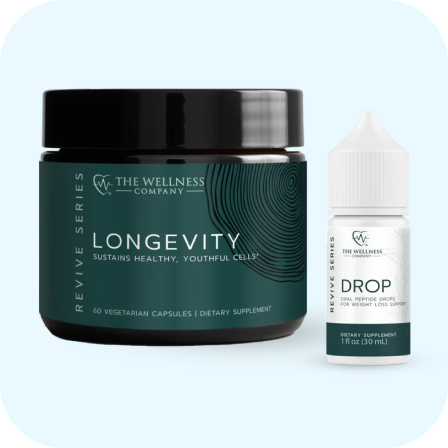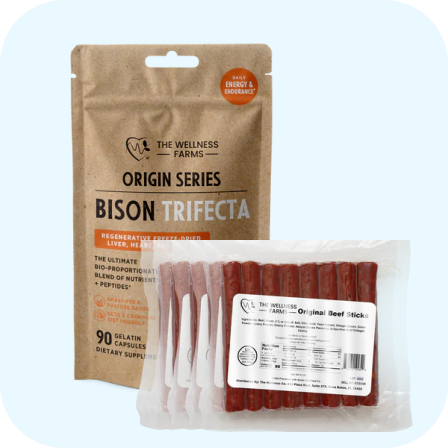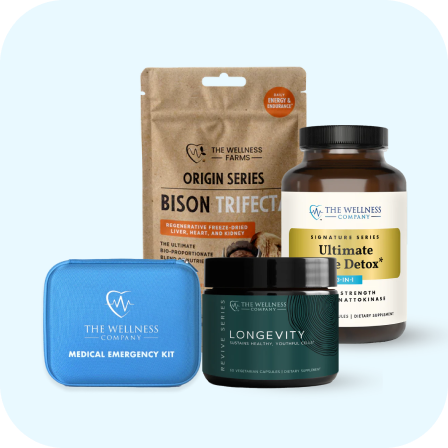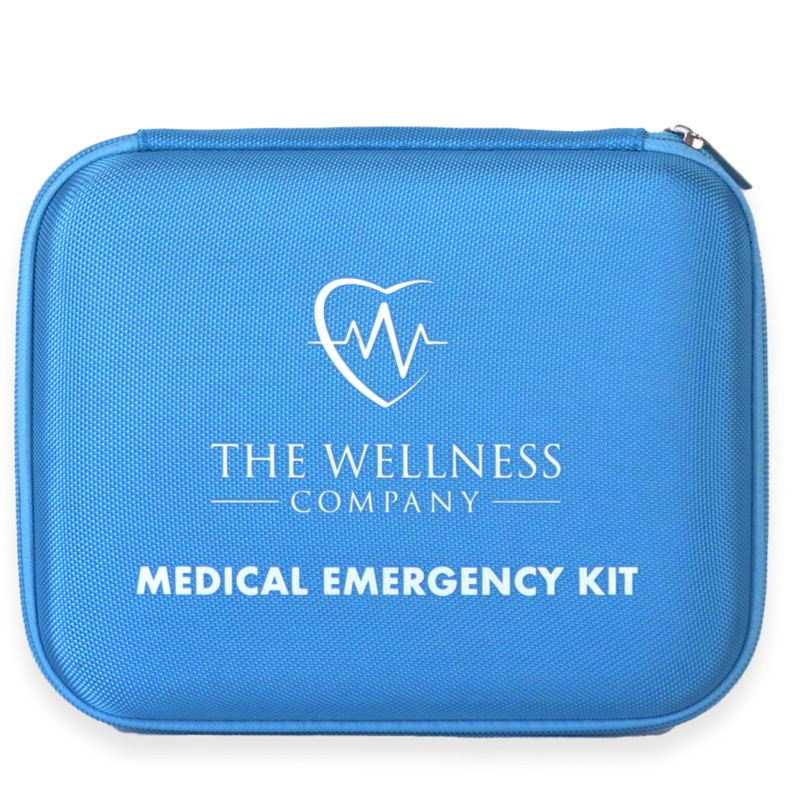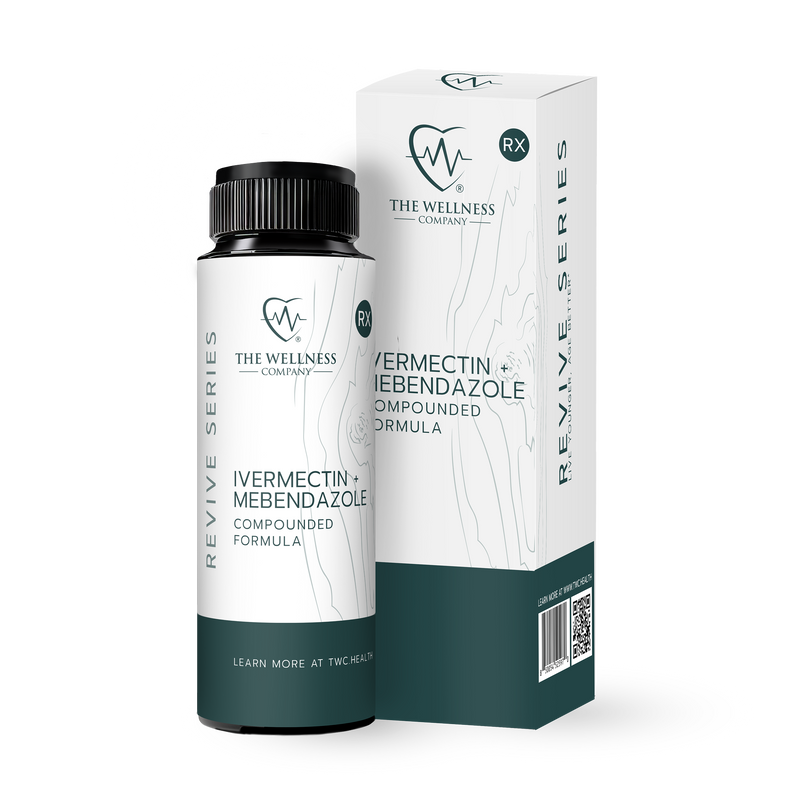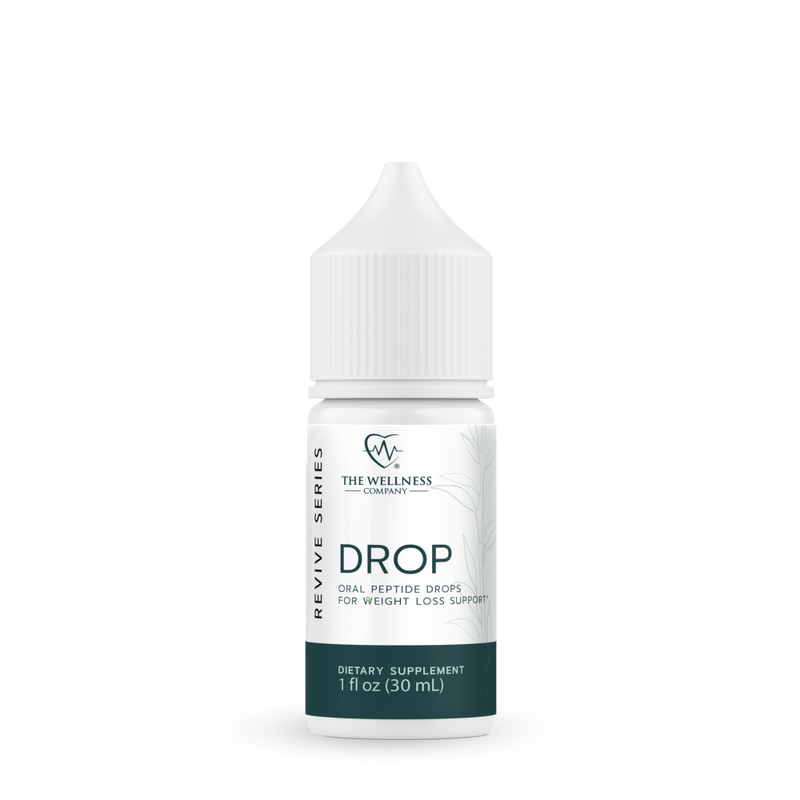The Power of Akkermansia
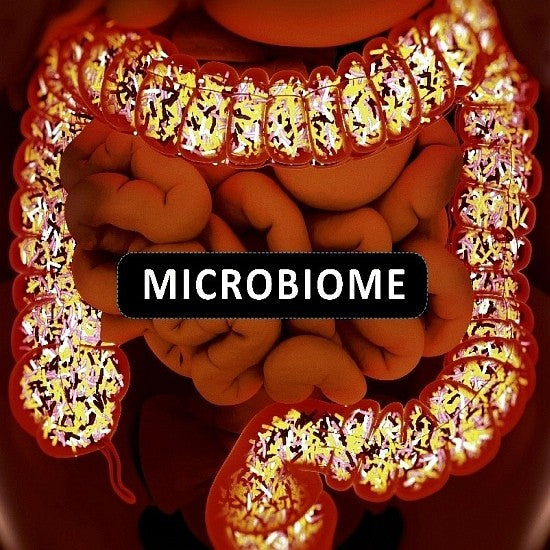
A Beneficial Gut Bacterium for Your Health
Inside your digestive system lives a remarkable bacterium called Akkermansia muciniphila, or simply Akkermansia. This tiny microorganism has captured the attention of scientists worldwide due to its impressive ability to support human health in multiple ways.
What Makes Akkermansia Special?
Akkermansia resides in the mucus layer lining your intestines. Unlike other bacteria that feed on dietary fiber, it primarily consumes mucin, a protein found in this protective mucus coating. As it breaks down mucin, it produces beneficial short-chain fatty acids (SCFAs), particularly acetate and propionate, which help keep your digestive system healthy. (1,2)
Strengthening Your Gut Barrier
Akkermansia supports gut barrier integrity by:
- Increasing production of tight junction proteins
- Stimulating more mucus-producing cells
These actions help prevent harmful substances from entering your bloodstream. (3,4)
Supporting Weight Management, Blood Sugar & Metabolism
Akkermansia promotes the release of hormones like GLP-1 and PYY from intestinal L-cells. These hormones:
- Slow digestion and gastric emptying
- Reduce appetite
- Enhance energy use
It also improves insulin sensitivity for better glucose control. (5,6)
Reducing Inflammation Throughout the Body
Akkermansia reduces inflammatory molecules and balances immune responses, helping prevent excessive inflammation. (7)
Protecting Heart Health
It may reduce cholesterol production and lower C-reactive protein levels—key in preventing heart disease. (8)
Supporting Brain Health
Through the gut-brain axis, Akkermansia may: (9)
- Improve anxiety and depression
- Protect against cognitive decline
- Support brain function via SCFAs like acetate and butyrate
What Depletes Akkermansia?
Factors that reduce its levels include: (10)
- Obesity
- Type 2 diabetes
- Low-fiber diets
- Chronic inflammation and autoimmune disease
- Aging
- Viral/intestinal infections and chemotherapy
How to Support Akkermansia
To encourage growth:
- Eat prebiotic-rich foods like chicory, garlic, leeks, and asparagus.
- Maintain a high-fiber diet to support mucus layer production.
Due to many depleting factors, supplementation can help ensure consistent benefits. (11)
References
- Jian H, et al. Int J Mol Sci. 2023;24(4):3900.
- Zhang H, et al. npj Sci Food. 2024;8:97.
- Mo C, et al. Gut Pathog. 2024;16(1):41.
- Ashrafian F, et al. Gastroenterol Hepatol Bed Bench. 2019;12(2):163-168.
- Abuqwider JN, et al. Microorganisms. 2021;9(5):1098.
- Sanjiwani MID, et al. J ASEAN Fed Endocr Soc. 2022;37(1):69-74.
- Rodrigues VF, et al. Front Immunol. 2022;13:934695.
- Gofron K, et al. Acta Biochim Pol. 2024;71:13550.
- Li N, et al. Gut Microbes. 2023;15(2):2252764.
- Wang C, et al. Food Sci Hum Wellness. 2022;11(4):1118–1125.
- Pellegrino A, et al. Nutrients. 2023;15(8):1815.
Written by Brooke Lounsbury








